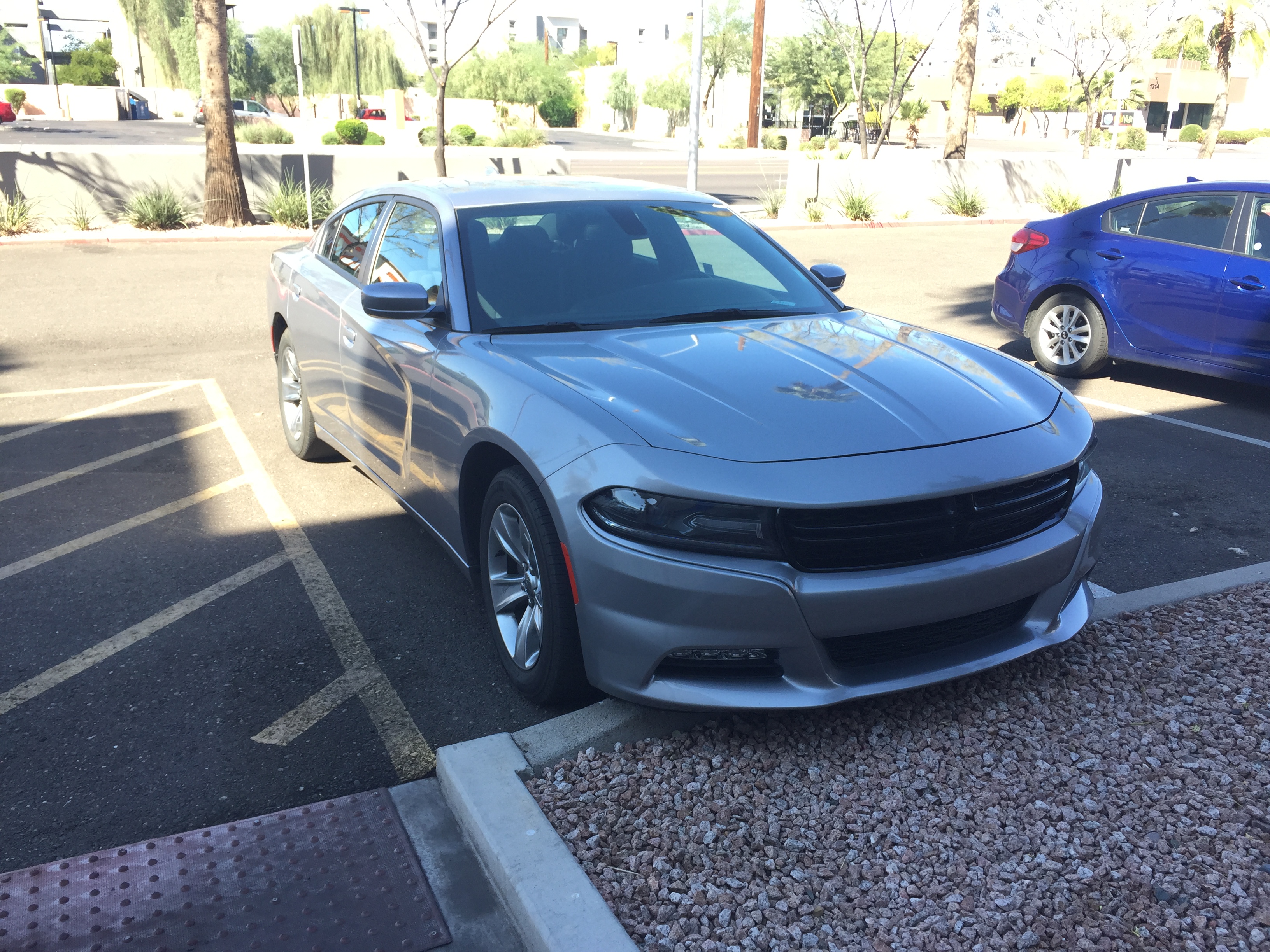For those who collect (and spend) points and miles, deciding which credit card to use when making a purchase is straightforward. For most, the card providing the largest return is the one you’ll use. There are some calculations to do considering how much each different point is worth to you, but for the most part, the card with the biggest return wins.
If you’re into maximizing return, you might know of a workaround to get even more points. You may be able to buy a gift card at Staples for 5x points, or you might just pick up a discounted gift card on eBay to save 10%. Don’t forget about using a shopping portal for extra points.
I need to consider one more thing: what card will give me the best insurance coverage for this purchase? It’s not a popular stance, but I’ll give up points for better coverage. Here are some of the categories where coverage matters to me.
Air Travel

I’ve been using the Sapphire Reserve for our airfare expenses since it provides coverage even if you only charge a portion of the ticket (as in taxes on award redemptions.) The AMEX Platinum pays 5X points on airfare booked through the airline, and it’s a strong runner-up.
I don’t like using gift cards to pay for air travel because you get no coverage if the entire ticket is paid for with the gift card.
Rental Cars

I’m always going to use a credit card that provides primary coverage for the Loss Damage Waiver / Collision Damage Waiver. Going way back, I had a Diners Club card that provided this coverage. When I received the United MileagePlus card, it was my main way to pay for rentals. I didn’t care if it wasn’t the best card to earn points because I was using it for the coverage. Now I can use the Sapphire Preferred or Sapphire Reserve for our rentals and have coverage for damage to the vehicle.
Several business cards also provide primary coverage but one provision is the vehicle is being used for business use when the damage happens. I’d rather not have to deal with explaining that to the insurance company.
Cell Phone
Many cards now include cell phone replacement coverage due to damage or theft as a perk, provided you pay the monthly cell phone bill with the card. I have an Ink Business Preferred card that earns 3x points for cell phone bill charges and provides cell phone coverage. Now, I also have an Ink Cash that would pay 5x points for the same charges, but I’ll forgo the extra 2x points for the extra coverage. The higher your cell phone bill, the more you’d have to consider if the extra points would be better (and you can always insure your phone yourself).
Large Purchases

One last category where I’ll go with a card with better coverage is with large purchases. I’ll look for a card with purchase protection and an extended warranty (for items like electronics and appliances). Purchase protection covers you if an item breaks shortly after you buy it within the first few months. An extended warranty provides additional coverage after the manufacturer’s warranty expires.
You never think of these coverages until you need them, but I’ll always consider them for a purchase where I think they might be needed.
Final Thoughts
These are just some of the categories where I’ll forgo earning the maximum amount of points and miles in return for getting better insurance coverage. I already earn points faster than I can use them. Having a safety net when I travel or make an expensive purchase gives me peace of mind that is worth more than the points I’m missing out on.
Want to comment on this post? Great! Read this first to help ensure it gets approved.
Want to sponsor a post, write something for Your Mileage May Vary, or put ads on our site? Click here for more info.
Like this post? Please share it! We have plenty more just like it and would love it if you decided to hang around and sign up to get emailed notifications of when we post.
Whether you’ve read our articles before or this is the first time you’re stopping by, we’re really glad you’re here and hope you come back to visit again!
This post first appeared on Your Mileage May Vary

2 comments
Many people fail to realize that most US car insurance policies provide coverage for rental cars when renting in the USA or Canada. Sure I rent cars outside the USA all the time where this doesn’t apply but in reality you might be better off just paying for the insurance coverage when renting in many countries for peace of mind. Credit card coverage like with my CSR isn’t as good and doesn’t cover all rental car losses if you are in an accident. I just wish the CSR coverage didn’t require that you turn down the car rental coverage for it to apply. All insurance coverage isn’t equal. I say this as an insurance professional with a degree in risk management and a part time travel agent who frequent rents cars all over the world. I’m all about saving money but insurance isn’t an area to skip or assume you have good coverage. I’d also add that if you use a credit card for travel delay/interruption protection that when things go bad you should request a “Military Excuse” document from the gate agent, it is the best document to help with the claim.
Thanks! What is a Military Excuse Document & why is it important for filing a claim?